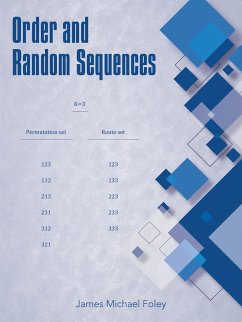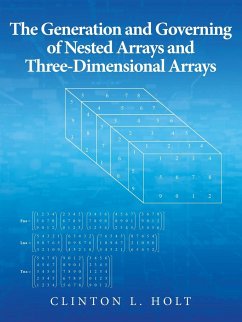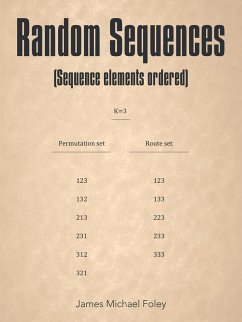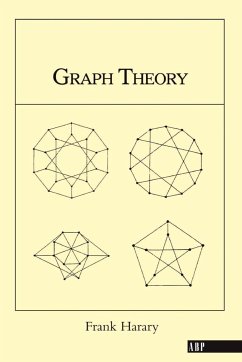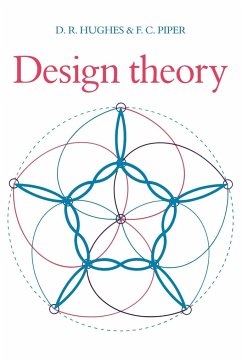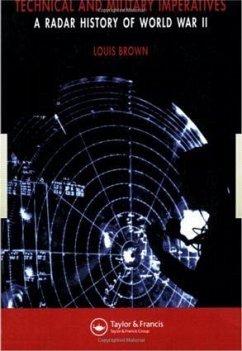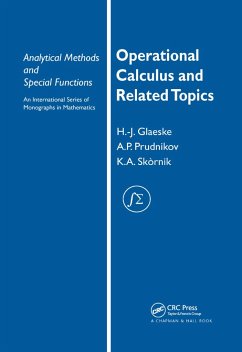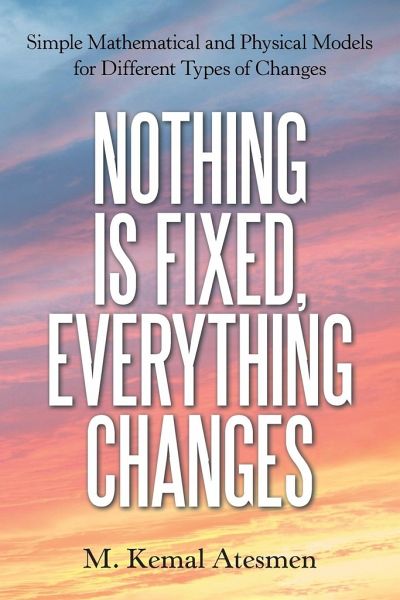
Nothing Is Fixed, Everything Changes
Simple Mathematical and Physical Models for Different Types of Changes
Versandkostenfrei!
Versandfertig in 1-2 Wochen
12,99 €
inkl. MwSt.

PAYBACK Punkte
6 °P sammeln!
Everything changes in our universe, in our world, and in ourselves. From observations, collection of historical data, experimental data, and our vision, we have tools at our disposal to understand these changes. Algebra, calculus, differential equations, probability, and statistics all help us to model a changing dependent variable with respect to governing independent variables. M. Kemal Atesmen, a longtime mechanical engineer, examines seventeen different physical or everyday life phenomena in this book. Topics include zeroth order and first-order changes, namely changes that can be modeled ...
Everything changes in our universe, in our world, and in ourselves. From observations, collection of historical data, experimental data, and our vision, we have tools at our disposal to understand these changes. Algebra, calculus, differential equations, probability, and statistics all help us to model a changing dependent variable with respect to governing independent variables. M. Kemal Atesmen, a longtime mechanical engineer, examines seventeen different physical or everyday life phenomena in this book. Topics include zeroth order and first-order changes, namely changes that can be modeled using zeroth order and first-order finite difference and differential equations; problems focusing on optimization of a dependent variable with respect to an independent variable using simple algebraic equations; and changes in a process or in a measurement system in high volume production using industrial statistics. Using simple models, the author examines the behavior of twenty-four different change phenomena. Most of the mathematical models he uses are first-order difference (change) equations, and several use statistics and probability to approximate a change. This introductory mathematical model for change will be a valuable resource for anyone trying to predict, understand, and navigate change.





